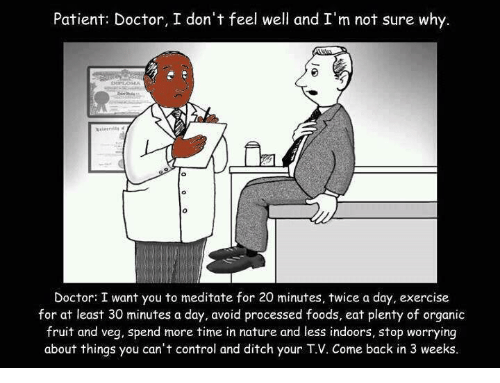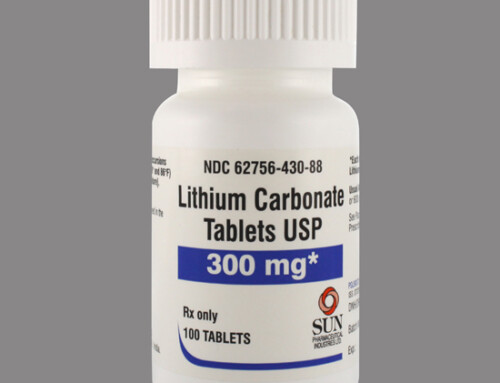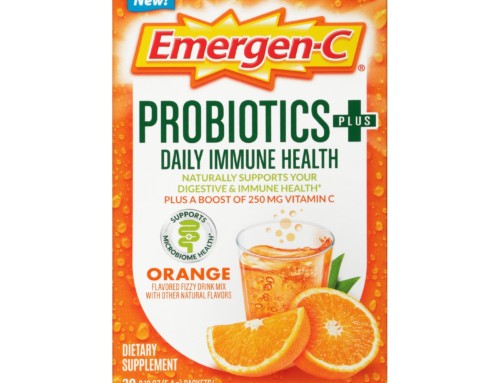In what should come as a surprise to few, the modern industrial food production systems fails to provide adequate nutritional support for your brain’s basic functioning, including mood regulation. Fortunately, we can take supplements to make up for shortcomings in our diet for around $10 a month that can have huge impact on how we feel, particularly if we’re depressed or prone to depression.
Our brain’s are 60% fat and benefit from having the right ratio of healthy fats in our diet to work optimally. Omega-3 fatty acids, found mostly in leaves and grasses, are in short supply in contemporary diets worldwide, while omega-6 fatty acids, found in plant seeds, such as grain, are in over abundance. These essential dietary fats help some of the most important neurotransmitters in our brain for mood regulation, such as dopamine and serotonin, do their jobs.
Ideally, we would have a balance in our brains of 1:1 between omega 3’s and 6’s, but modern diets often lead to 16:1 ratios of omega-6’s to omega-3’s! This overabundance of omega-6’s also creates chronic inflammation, which is closely related to the symptoms of depression, including fatigue, difficulty concentrating, and stress.
Omega-3 comes in two forms; EPA and DHA. For optimal anti-depressive effects, we benefit from at least 2:1 ratio of EPA to DHA.
With this in mind, try supplementing with the follow regime and see how your depression feels in about a month.
- 1000 mg of EPA and 500 mg of DHA daily. Make sure they are molecularly distilled to avoid the rotting fish taste. Two capsules of Now Ultra Omega-3 fits the bill for only a few dollars a month. http://netrition.com/now_ultra_omega3.html
- You should include a daily multivitamin to help the effectiveness of the omega-3s.
- Once a week , take a GLA supplement, since GLA production will be decreased by the extra omega-3s. GLA is a particularly important omega-6 with anti-inflammatory properties. It can be found in Evening Primrose Oil. http://netrition.com/now_epo_page.html
- If you’re short on sunlight (less than half hour a day direct sunlight without sunscreen), you may also want to include a vitamin D3 supplement of 2000 IU’s daily. Vitamin D is also shown to have anti-depressive effects. https://www.psychologytoday.com/blog/reading-between-the-headlines/201307/vitamin-d-deficiency-and-depression
Again, an inexpensive version: http://netrition.com/now_vitamin_d.html
- Make sure you’re getting enough Vitamin C. 500 mgs is a good start, though I often take up to two 1,000 mg supplements of Emergency C.
http://netrition.com/alacer_emergen_c.html
Let me know how this works for you! Many of my clients are noting benefits within a few weeks to a month. You may need to increase your omega-3’s or D3 higher if you’re not seeing benefit to your mood.
As always, consult a medical doctor before beginning any nutritional changes or supplements, especially if you have other medical conditions. There are of course other benefits to these supplements for your health, such a triglyceride reductions from the omega-3’s.
For more information on treating depression with this supplement regimen, check out the “The Depression Cure” by Dr. Stephen Ilardi:
http://www.amazon.com/The-Depression-Cure-Program-without/dp/0738213888
And for more on industrial food and why we lack omega-3s try Michael Pollan’s “The Omnivore’s Dilemma”.
http://www.amazon.com/The-Omnivores-Dilemma-Natural-History/dp/0143038583






